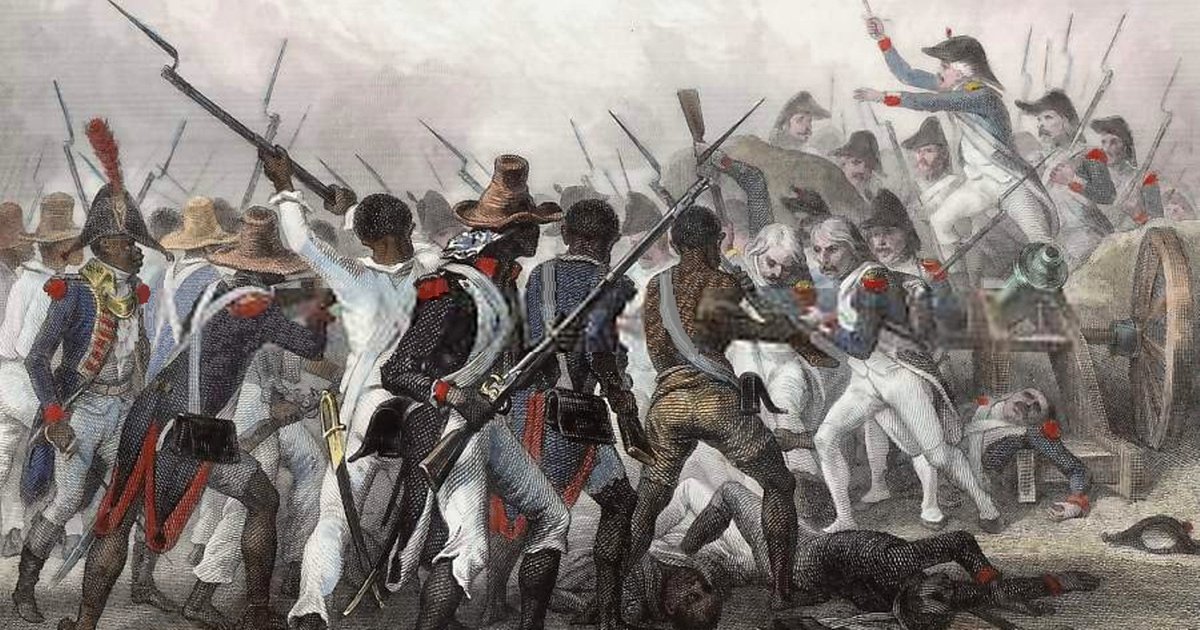
Analysing the Haitian Revolution offers new perspectives on our times. Research from the University of Gothenburg shows that it was during this revolution that the relationship between political rights and inequality first came to a head, as reflected in contemporary global developments.
The origins of human rights and democracy have previously been traced back to historical events such as the American and French revolutions. More recently, researchers and social commentators have instead pointed to the Haitian Revolution (1791–1804) as the breeding ground for these ideas and institutions.
The revolution took place during the same period as the American and French revolutions. However, it has attracted much less attention, despite being the only successful slave revolution in history.
In his thesis, Carl Wilén examines the significance of the Haitian Revolution for the development of human rights.
“More recent interpretations argue that because slavery was abolished for the first time in the Haitian Revolution, this is the revolution that we need to examine in order to understand phenomena such as human rights and the origins of democracy,” he explains.
Human rights and inequality are not incompatible
It was in the early 1990s that the significance of the Haitian Revolution in terms of human rights and democracy was first studied and discussed seriously within academia and politics. Carl has mapped the debate, which can largely be divided into two camps.
One side believes that the revolution laid the foundations for the modern-day notion of rights that apply to all people. The other side points out that authoritarian and unequal labour legislation was introduced during the revolution, which cannot be said to form the basis for human rights.
Carl offers a new interpretation that combines the two approaches.
“Our own era was born in the context of the Haitian Revolution – not because it implemented human rights, but because it abolished a system in which social and political inequality were one and the same thing. The society that was born then is characterised by both political equality and socioeconomic inequality. Socioeconomic inequality can be extreme; it is today, and it was then, too.”
By analysing events during and after the Haitian Revolution, Carl aims to contribute towards a better understanding of our times. Over the course of the last four decades, human rights have broadened to include more people than ever before. During the same period, global trends have reversed, from growing socioeconomic equality towards greater inequality.
“There are problematic assumptions about how to describe the relationship between rights and socioeconomic inequality. It has been assumed, rather than proven, that the two sides of this relationship are incompatible.”
Our ideas about rights are influenced by where we think they come from
Carl argues that it is important to know where our ideas about rights come from and what their historical function has been, since these perceptions influence how we view rights today and what we imagine they can do.
“We must address the question of how human rights relate to socioeconomic inequality and not assume that they are incompatible. A human rights policy may even contribute towards deepening inequality by not being a good and effective weapon against such a trend.”
The thesis Interpreting the Haitian Revolution: From the Rights of Man to Human Rights.


Leave a Reply